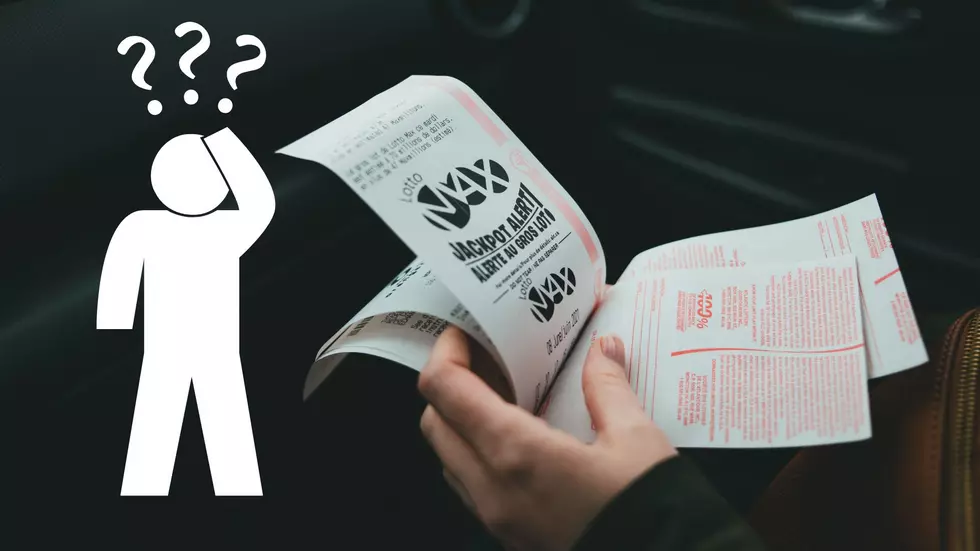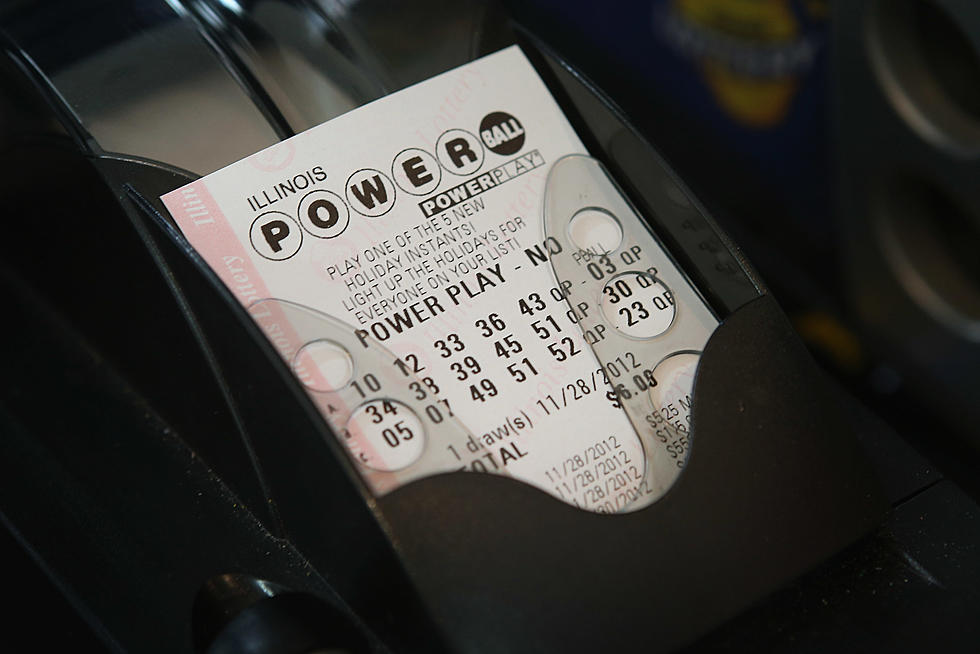
You Win the Billon Dollars And Michigan Get’s How Much For Doing Nothing?
We have all heard of that very lucky person or couple who won the Mega Millions billion-dollar jackpot last week, $1.05 billion to be exact, but who is counting. In fact, they purchased the winning ticket right here in the great state of Michigan.
They bought the ticket in Novi from a Kroger grocery store.
Guess who is the first one at the pig's trough? The government, in fact, get their money before the winners get any of theirs.
How much do they get? Good question.
According to an article in MLive it all depends if they take the annuitized prize of $1.05 billion or the cash option of $776.6 million. If you take the annuity according to megamillions.com:
Annuity option: The Mega Millions annuity is paid out as one immediate payment followed by 29 annual payments. Each payment is 5% bigger than the previous one. This helps protect winners’ lifestyle and purchasing power in periods of inflation.
For a typical jackpot of $100 million, the initial payment would be about $1.5 million, and future annual payments would grow to about $6.2 million.
When the jackpot is $200 million, each payment is twice as big. When the jackpot is $50 million, each payment is half as big, etc.
If you were to take the cash option:
Cash option: A one-time, lump-sum payment that is equal to the cash in the Mega Millions jackpot prize pool.
Let us assume they will take the cash option since it is reported that most people chose that option. According to the reporting by MLive; Ron Leix, deputy public information officer with the Michigan Department of Treasury, informed them that Michigan will take $33 million in taxes. An interesting point is Michigan’s School Aid Fund would receive $8 million of that and the remaining $25 million would go directly to Michigan’s General Purpose fund with no stopping at Go.
Next to the pig trough would be our federal government which would take 24% of their winnings right off the bat with what I can assume would be more at tax time. That would amount to approximately $186 million.
It is not over yet, next would be any local taxes if you are a resident of a city, township or county that charges an income tax. Mr. Leix stated:
“Gambling winnings are taxable for residents but not taxable for non-residents, so the winner would have to be a resident of a city with a city income tax to owe city income tax”
So you start off with $776.6 million, the tax people take a minimum of $219 million and you end up with $557 million. That is if you do not have to pay any local taxes.
Still not a bad paycheck, I would have taken it.
Another interesting point, the tax people do not get a penny if no one comes forth to claim their prize. They have a year to do so.
LOOK: These Stars Grew Up in Small Towns
More From WBCKFM









